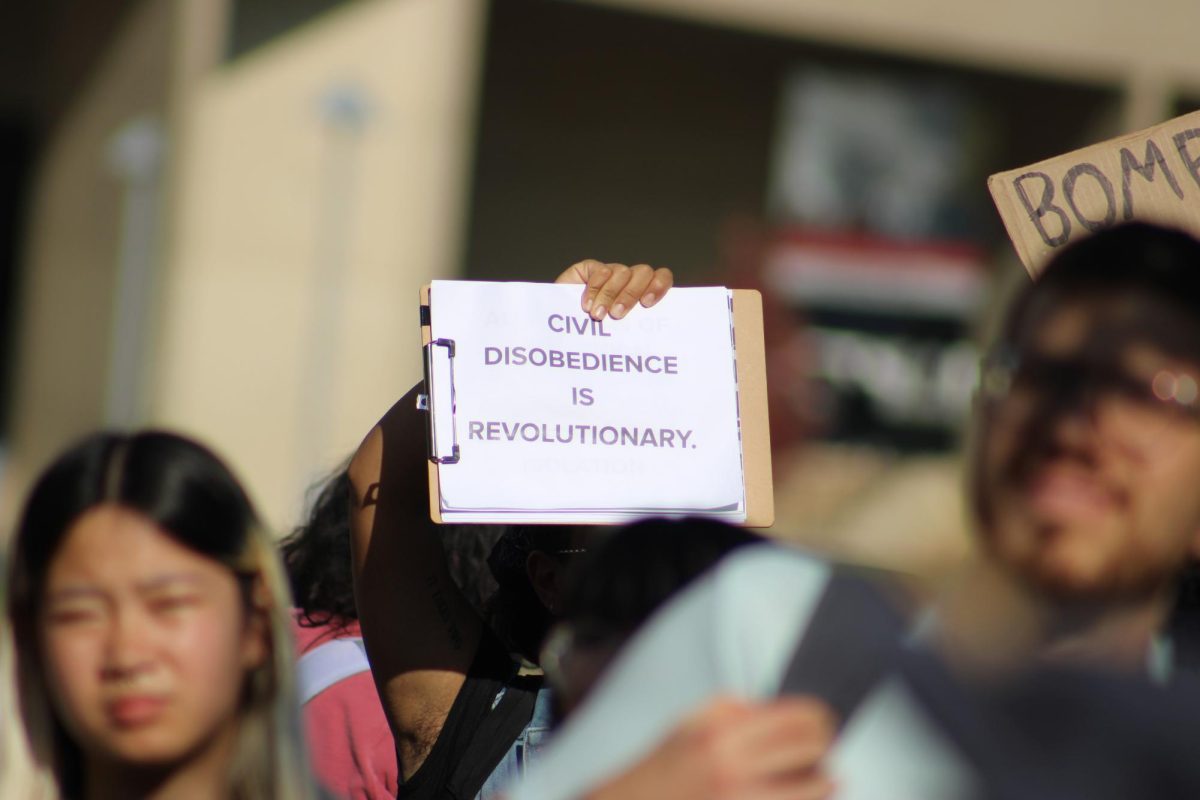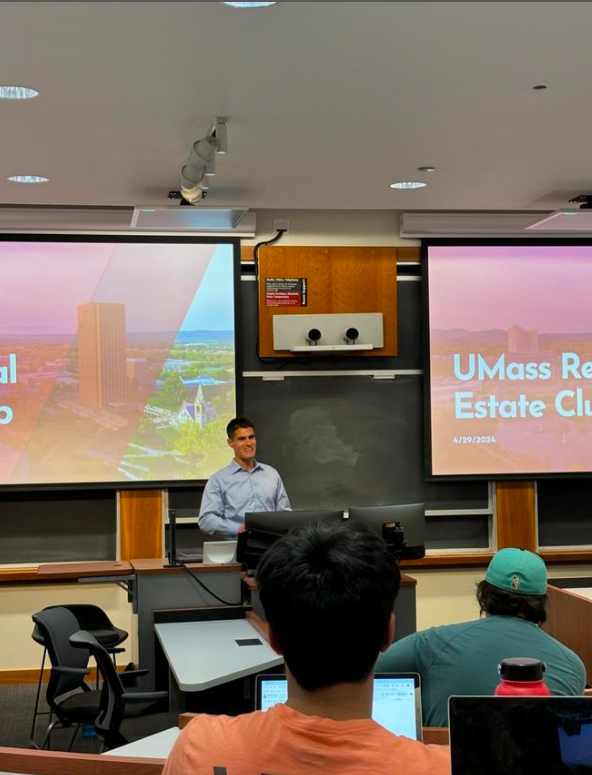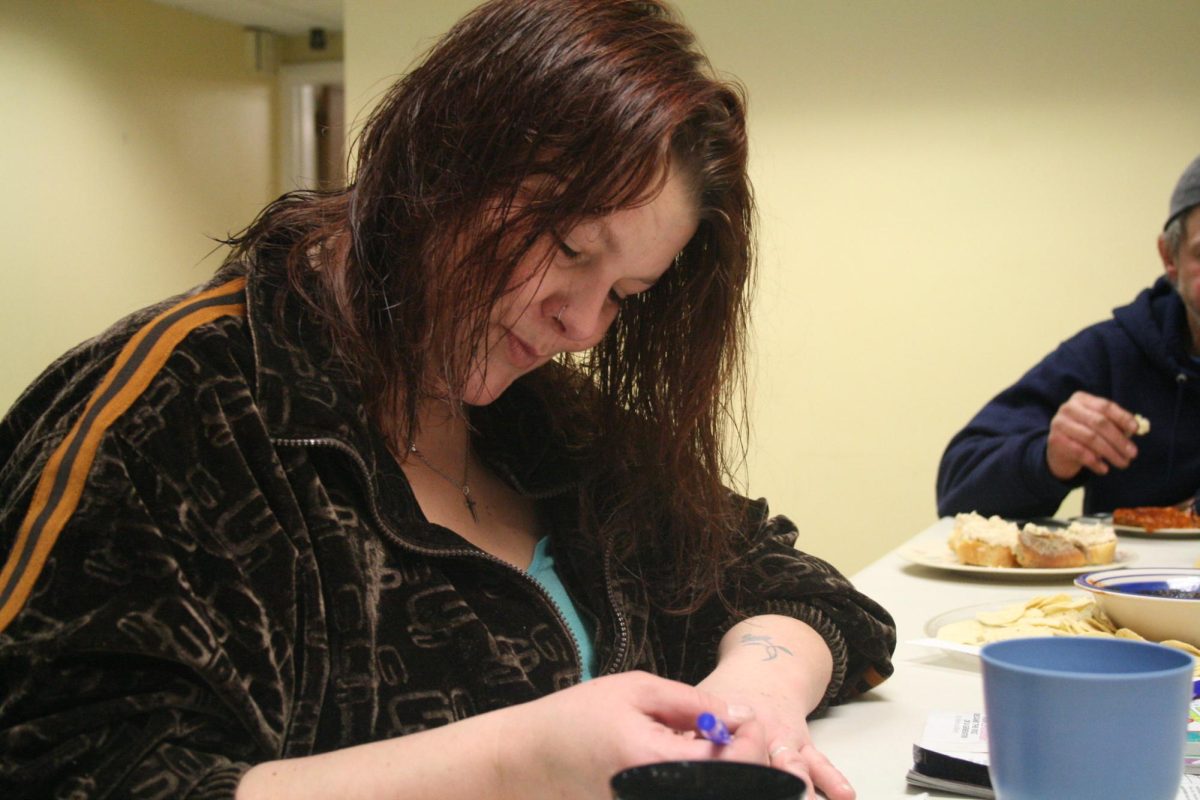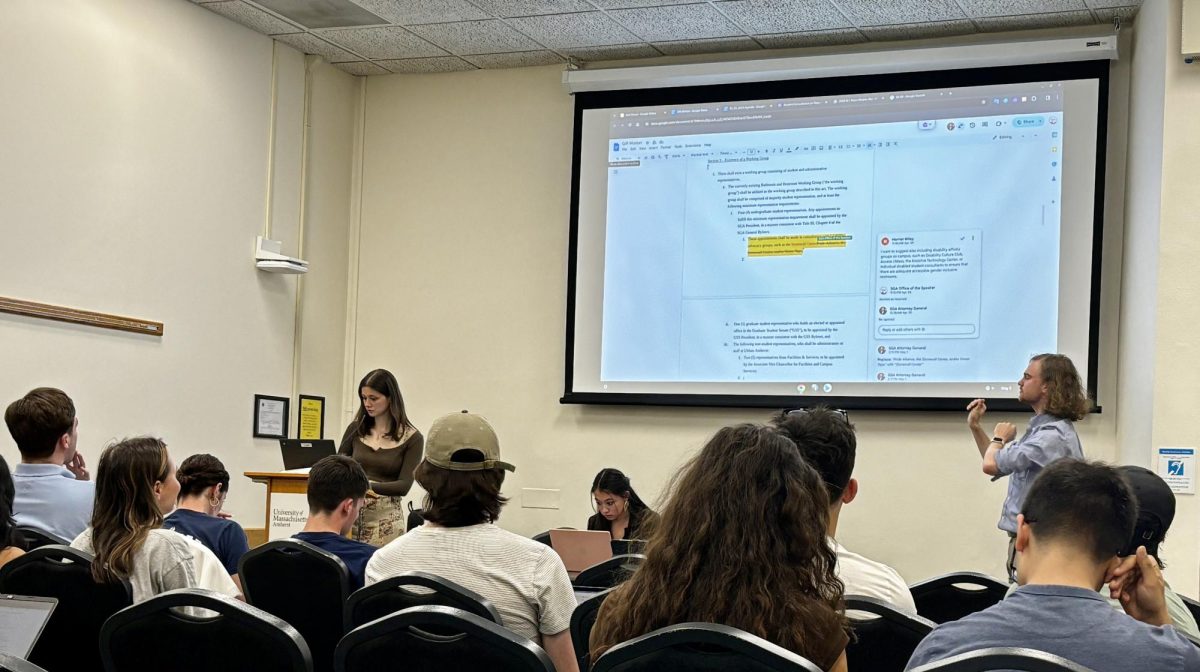“Play C3/ let the song protest.”
Eddie Vedder shoots straight from the hip with this jukebox proclamation on “Insignificance,” declaring music as the means – and musicians as the collective voice – through which our undefined anxiety can most eloquently be stated.
It’s a compassionate appeal to a natural instinct, but the lyric also stirs consciousness around a decidedly compound issue: in a heaving world climate, what role can – and should – musicians play on the national and global political stages?
The integration of music and politics is certainly nothing new; the two have been compatible, if spiteful, bedfellows since those with a conscious found the means to string their ideas along a verse and a chorus. It’s the evolution of the protest song – the musician turned political activist – that has drawn boundaries, spinning popular opinion to opposite ends in the argument of what really works and what’s simply too much. Lines of good taste are often breached for brief flashes of press – the fame, of course, often trumping the good fortune of those who truly need the light. In the same vein, upstart organizations with good intentions are championed and ultimately sustained because of that same, remarkable pull that celebrity status affords. It’s a rock purgatory, and it’s broadly defined in the mainstream by one set of features above all others – those of its criticized, lauded and unofficial (though willing) spokesman: U2’s Bono.
Bono’s edge in world affairs has sharpened considerably in recent years; his actions are often the standard by which other musicians are measured against, his occasional lapse into inaction a rallying point for those who snub their nose at artistic involvement. He’s formed alarming bonds with conservative United States politicians, held court with the Pope, attended G8 conferences, and attended to domestic affairs both stateside and in his native Ireland.
It’s done, quite genuinely, some good – he has shifted attention to the causes with no “with no melody lines.” His causes – and there are many – are indeed far from “sexy,” far from being solved, and far from the world of rock ‘n’ roll that chewed up the former Paul Hewson and spit back the star with one name.
Still, heavy questioning has dealt his intent a fair amount of criticism, and the larger question remains: Should he stay far away as well?
Bono has joked in interviews that it’s Catholic guilt driving him around the globe, but admitted in the same breath that celebrities are indebted to return some of what they’ve had the fortune to take from society. The choice to create and prosper on an unimaginable, public stage also brings a responsibility to act as the instrument to a project the larger voice. To broadcast the hum of the people that seldom gets heard.
The means by which they do so, however, should perhaps be more inclusive in the art. Bono touring Africa and then the American midwest to share the lessons he’s learned can be a good thing. Bono touring everywhere, however, thins the causes he attends to and similarly dilutes our patience. He may passionately believe in every inequality being dealt around the world, but trying to right each of them under the washed-out light of the press sends the wrong signal, regardless of his intent. The fact remains – he, and other likeminded artists, should spend less time on the warpath and more time attending to the talent and crafting the message that made them relevant in the first place. That made us raise our collective voice when they did the same, because it was with unrivaled passion that the discussion first began.
As we’re drawn closer each day to a war in Iraq, musicians are beginning to stir, and a large percentage of the movement has been appropriate – perhaps they too have had their eyes on the (by now) exhausted U2 frontman. Songwriter Tim O’Brien has organized a series of peace concerts in Nashville, inviting Bela Fleck and other friends to share in his expression. “Good artists are the conscience of their community,” says O’Brien on his website. “They allow people to take time, under the guise of entertainment, to think about the real issues in our lives. As a responsible artist it’s my duty to face these issues, and share them with my audience … So many people feel they have no voice in the matters of the world. With these concerts, I hope to counter that feeling, to give the disaffected an outlet for their voices.”
Others are following suit. Yusef Islam (the former Cat Stevens) has rerecorded his own “Peace Train” and shipped it worldwide, banking on the voice in the song to ease the uncertain discussion in our own minds. R.E.M. – whose members have long been at the fore of most cultural shifts in a tastefully understated manner – have voiced public support of the Musicians United to Win Without War campaign, a loose coalition of artists that has also attracted the attention of, among others, Fugazi, David Byrne, Sonic Youth and George Clinton. In part, the movement advocates the disarmament of Iraq with tougher inspections rather than violent – and perhaps unconstitutional – military action.
Vedder, Bono and O’Brien are all correct in their missions, and are accomplishing something despite radically different approaches. Successful artists are in debt. They should not repay with excess and flash – almost without exception, an overextension of the self ultimately takes away rather than gives back. Let the song protest. Let the song speak. Perhaps someday, the song will save too.
“War is not the answer,” sang Marvin Gaye years ago, in what seems another world now. Music isn’t a solution in itself either. As a common ground for likeminded – and opposing – opinions to meet, however, there’s seldom a better place for the beginning of free and positive dialogue.
Imagine.






